Glivec 400 mg tablets is a prescription medication used to treat several types of cancers, including chronic myeloid leukemia (CML), acute lymphoblastic leukemia (ALL), and gastrointestinal stromal tumors (GIST). It is a type of targeted therapy drug, which means that it works by targeting specific molecules involved in cancer cell growth and survival.
Uses Of Glivec 400 Mg Tablets
Glivec 400 mg tablets is used to treat the following types of cancer:
-
Chronic myeloid leukemia (CML): A type of leukemia that affects the blood and bone marrow.
-
Acute lymphoblastic leukemia (ALL): A type of leukemia that affects the white blood cells.
-
Gastrointestinal stromal tumors (GIST): A type of cancer that can occur in the stomach, intestines, and other parts of the digestive system.
Side Effects Of Glivec 400 Mg Tablets
The most common side effects of Glivec 400 mg tablets are:
-
Nausea
-
Vomiting
-
Diarrhea
-
Fatigue
-
Rash
-
Muscle pain
-
Joint pain
-
Headache
-
Abdominal pain
-
Decreased appetite
-
Hair loss
These side effects are usually mild and go away on their own. However, if they are severe or persistent, it is important to talk to your doctor.
Warnings Of Glivec 400 Mg Tablets
Glivec 400 mg tablets should not be taken by people with:
-
Hypersensitivity to imatinib or any of the other ingredients in Glivec 400 mg tablets
-
Severe liver disease
-
Severe kidney disease
Precautions For Glivec 400 Mg Tablets
Glivec 400 mg tablets should be used with caution in people with:
-
High blood pressure
-
High cholesterol
-
Heart disease
-
Lung disease
-
Diabetes
-
HIV/AIDS
-
A history of bleeding disorders
-
A history of pancreatitis
How Long Do I Need To Take Glivec 400 Mg Tablets?
The length of time you need to take Glivec 400 mg tablets will depend on your individual case and your doctor’s recommendations. Some people may need to take Glivec 400 mg tablets for many years, while others may be able to stop taking it after a few months.
Can I Take Glivec 400 Mg Tablets While I’m Pregnant Or Breastfeeding?
No, Glivec 400 mg tablets should not be taken while pregnant or breastfeeding. It can harm the developing fetus or baby.
What Are The Interactions Between Glivec 400 Mg Tablets And Other Medications?
Glivec 400 mg tablets can interact with a number of other medications, including:
-
Blood thinners
-
Cholesterol-lowering medications
-
Diabetes medications
-
Anticonvulsant medications
-
Antifungal medications
-
Antiretroviral medications
It is important to tell your doctor about all of the medications you are taking before starting Glivec 400 mg tab
Additional Information
Glivec 400 mg tablets is a very effective medication for treating CML, ALL, and GIST. However, it is important to note that it is a very expensive medication. There are a number of generic versions of imatinib available, which are much more affordable.
If you are considering taking Glivec 400 mg tablets, it is important to talk to your doctor about the risks and benefits of the medication. You should also ask your doctor about the possibility of taking a generic version of imatinib.
Before your doctor tends to prescribe you please ensure it is aware of any sort of allergies you have.
- Your physician should be aware:
- Of any herbal supplements, you take
- That you are not pregnant
- That you do not have any of the liver/ heart/ kidney disorders
Dietary products because lactation in many people who are on a regular dose of hence intake of such products should be avoided.

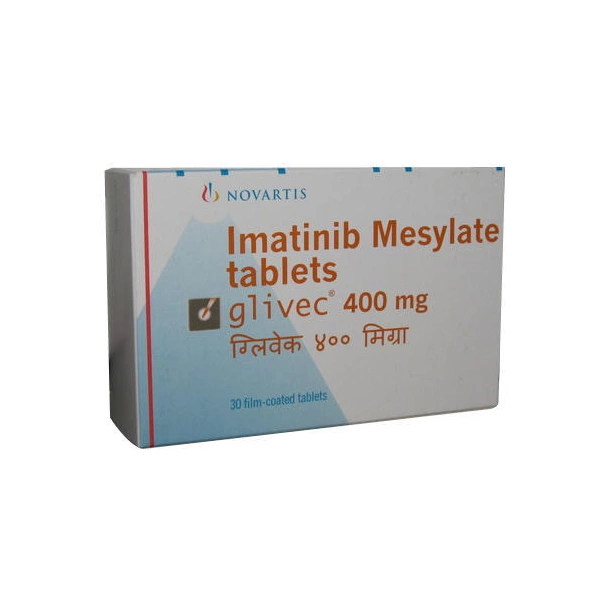
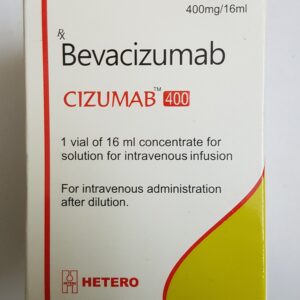
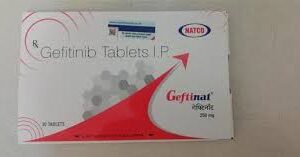

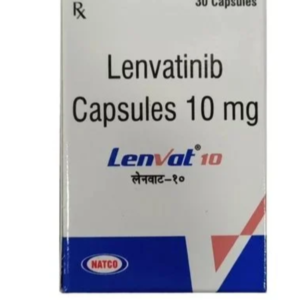
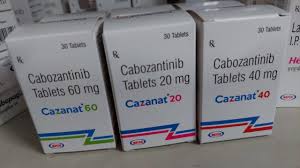
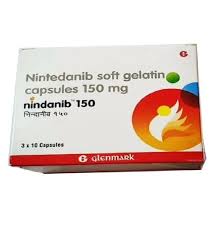

Reviews
There are no reviews yet.